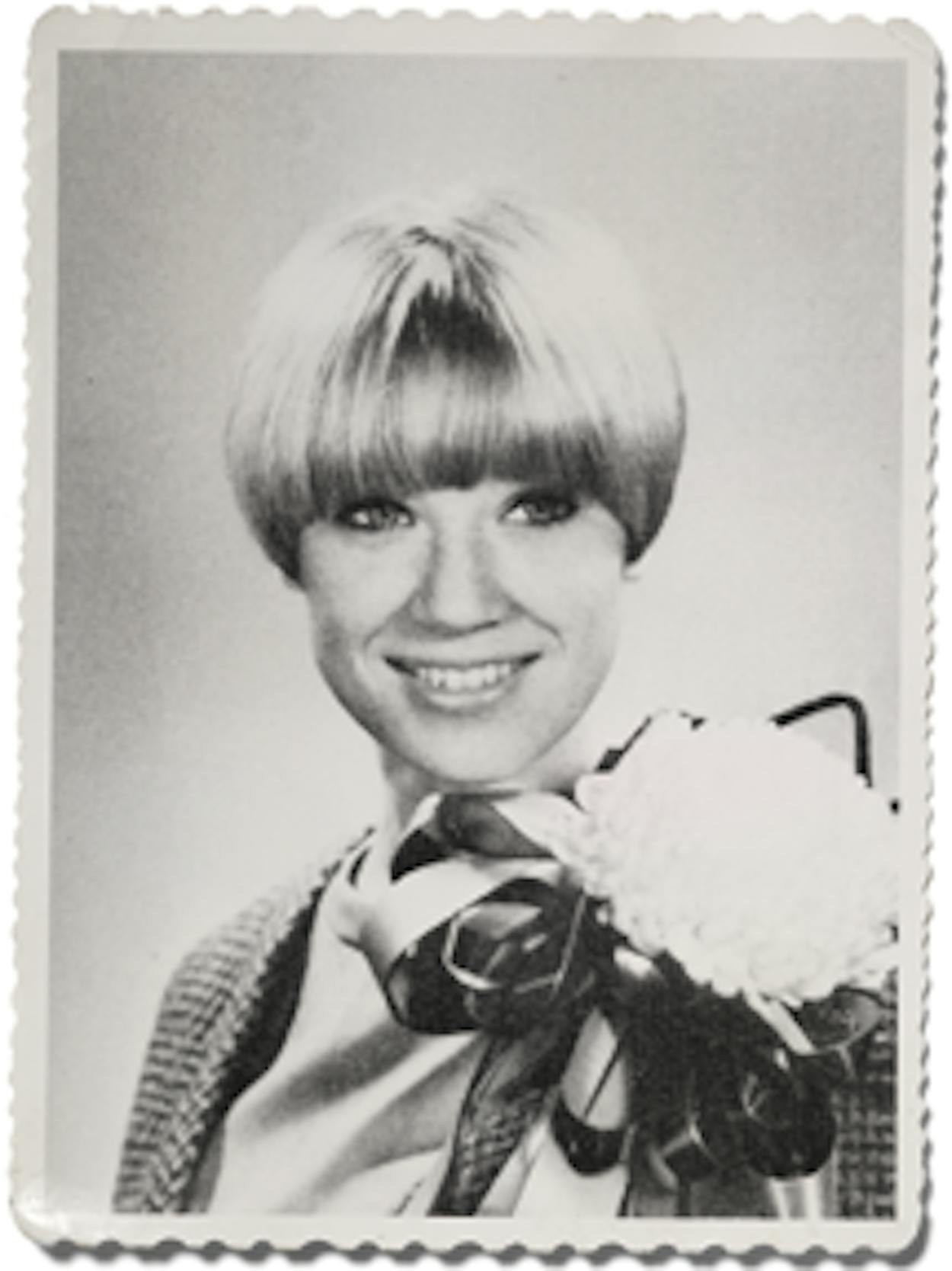When I was growing up, Quitman was very bucolic. There were a lot of young families involved with school and church activities, Boy Scouts, Girl Scouts, and Brownies. I had two older brothers and we fished and tramped through the woods and caught crawdads in the creek. I was in the 4-H Club and did all kinds of 4-H activities. My favorite was junior rodeo, where you’d do barrel racing and pole bending. I loved it dearly but wasn’t as gifted as kids who grew up on the farms—I was the kid who had to use water torture on my parents to get a horse. My girlfriends and I would ride our horses out to the nearby lake, take off their saddles and bridles, and ride them into the water. As we rode them deeper, they would begin swimming. We held onto their manes, floated up off their backs, and swam along with them. Our parents didn’t worry if we were on the opposite side of town; only one thousand people lived in Quitman, so if you misbehaved, your mother knew it before you got home.
Right outside of town was an area we called Shell Camp, where the Shell Oil Company did some drilling. Because of the money that it brought to Quitman, there was usually one or two of every type of store. My friends’ fathers owned the drugstore, the furniture store, and the funeral parlor. We bought our clothes at the dry-goods store. When we needed something fancy, like high heels, we’d go to Leon’s in Tyler, since Quitman was more no-frills.
When I was really little, Quitman had a movie house, the Gem Theater. You paid a quarter to get in, and the features were mostly monster films and cowboy movies. After that place closed, we had to drive to the Mineola theater. I went there with dates. My date would usually pick me up at six-thirty, and we’d get in at the end of the movie first, then see the beginning. When I went to New York and saw a show straight through from beginning to end, I thought, “This is easy. You hardly have to pay attention.”
I didn’t do much acting in high school. I think my mother planted that seed without knowing it. Older brothers are rough, so I’d go to my mother with a complaint about them and she’d say, “You’re so dramatic you should be an actress.” But I didn’t make it into the junior play. Years later, after I won the Academy Award, my English teacher—who was very sweet and had mounted the school plays—walked up to my mother in the grocery store and said, “You probably wonder why Sissy didn’t get into the junior play.” My mother had never really thought about it, but my teacher said, “She didn’t learn her lines.” Which is probably true.
I did sing and dance a lot in Quitman, and I had total encouragement from the people in town, probably because they’d known me since I was born. I bought my first guitar by ordering it out of the Sears, Roebuck catalog. It cost $14.95. It came with a little orange record that taught you how to tune the guitar and a pretty awesome book that showed you how to play songs like “Little Brown Jug.” I listened to that record for hours. We had a family record player, but my mom and dad finally put it in my room to keep that record farther from the kitchen. The locals must have been so glad when I went to New York, because I sang and played at so many Rotary Club events that they were probably sick of hearing “Little Brown Jug.”









